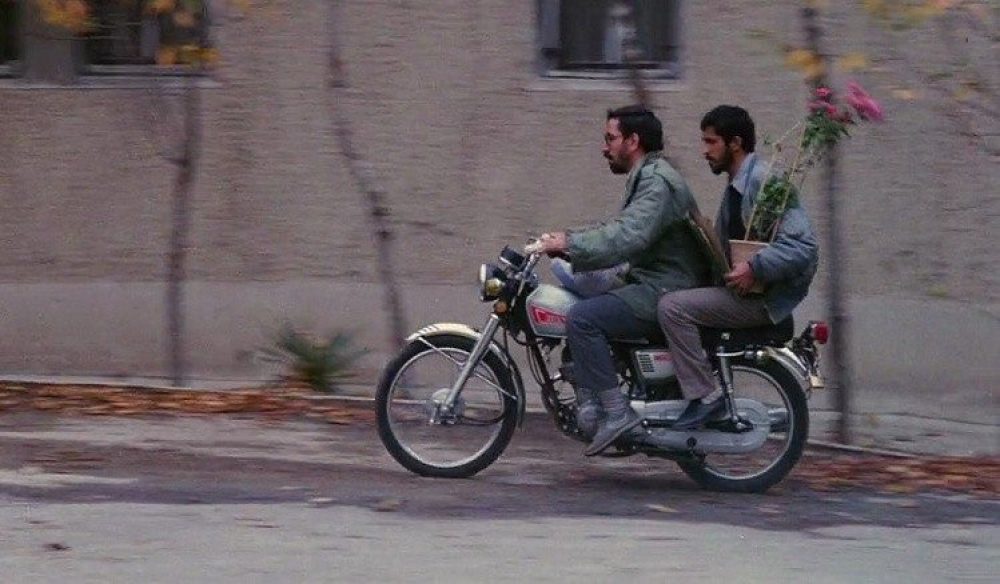I think Seligman’s argument in Modernity’s Wager can be brought into better relief by pairing it with the concept of religious nationalism as proposed by Aghaie. While Seligman aims to disprove the claim that religion, specifically religious authority, and modernity are antithetical to each other, Aghaie similarly argues against a view of nationalism which insists on its secularism. Both push back against the desire for increasing secularity and argue for some form of compromise with religion. Where they differ, is in their academic arenas. While Seligman writes in the flighty and incarnate language of philosophy, which is ultimately interested in the modern self, Aghaie points to the physical substantiations of religiosity, writing that “religious nationalism is a symbolic discourse imbued with religious piety, social values, identity, culture, and symbolic referents. This discourse is necessarily substantiated in interpersonal interactions, explaining a cultural conversation around nationalism, but not directly addressing this religiosity’s implications for the modern self. Although their arenas of study are different, Aghaie’s religious nationalism represents the antithesis to the “privatization” of religion which frustrates Seligman. The philosophers who helped craft this public form of religious nationalism have all attempted to resolve Seligman’s problematic in one way or another.
Of these figures, I lean towards Abdolkarim Soroush as being the most successful at achieving Seligman’s aim, but also perhaps the one most precariously leaning towards remaking the wager. Soroush is insistent that Islam should be a part of Iranian nationalism. He tempers this, however, by arguing in favor of a synthesis of three components; national heritage, Islamic heritage, and western culture (Aghaie 190). This argument was fundamentally a refutation of “westoxication” but it also has bearing on Seligman.
Seligman is ultimately interested, not in returning to some previous form of authoritarian religiosity, but in adopting a tolerant and skeptical religious belief that continues to allow the expression of the individual. This is quite similar to the views Secor accredits to Soroush. Of his view on theology, she writes “although faith might be ineffable at its core, the human effort to understand and apply God’s truths was one grounded in the limits, the methods, and the temporality of all human studies” (Secor, 74). Soroush believes firmly in the importance of certain, “ineffable” truths, but he continues to apply reason and skepticism to them, thus creating the tolerance Seligman argues in favor of. There is of course, the danger that in trusting too much in reason, Soroush remakes the wager Seligman has outlined. It seems that the skepticism Seligman desires must always put one perilously close to this edge.

Seligman, Skepticism, and Soroush | Iran, Islam, and the Last Great Revolution Fall 2018
I think your conclusion that Soroush’s ideas are closest to those proposed by Seligman is interesting, and I agree with the reading you described in your last paragraph, especially how there is such a fine line between how much reason is too much. I’m not sure where Seligman would position Soroush with regards to this. Secor says that Soroush wrote about religion as though it “could be discerned through the work of reason and observation;” it seems plausible that Seligman would say this contradicts his idea that unquestioned belief is a necessary foundation, but it also seems reasonable to argue that the interpreting religion through reason necessitates a certain, shared understanding in line with that called for by Seligman.